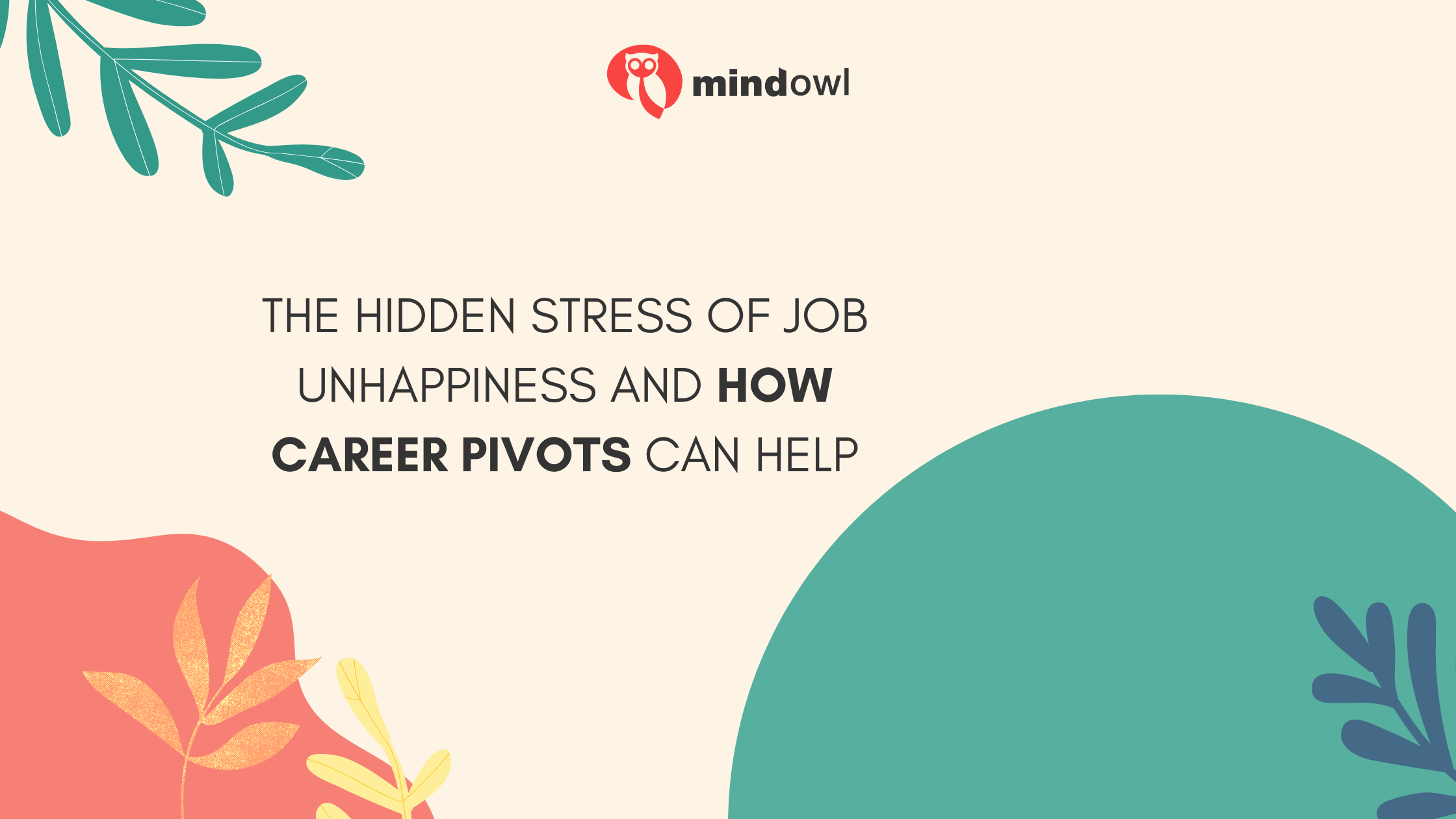It is truly amazing at times how much power and influence someone’s job has over their overall wellbeing. In the right jobs where people are fulfilled, paid well, recognized for their accomplishments, and surrounded by respectful, hardworking colleagues, it would be hard to find someone who is unhappy. But the total opposite is true with the reverse scenario. It doesn’t take multiple categories in an unhealthy work environment for that to then create a strain on an individual’s life to the point that they are not just unhappy, but anxious, depressed, and tethering on the edge of burnout.
Though the Great Resignation in its full power has long since passed there is still plenty of momentum and conservation amongst multiple generations as to what makes up a truly fulfilling career. Whether it’s the flexibility to work remotely, greater benefits packages, more time off, better pay (to adjust for inflation), or just more opportunities to advance in one’s career, people are fed up with being unhappy in their jobs. While there are many potential reasons for this, they all really boil down to the same thing: stress harms individuals mentally and physically which then eats away at productivity.
Being that as it is, when someone is dealing with the hidden or obvious stresses of a work environment that is not right for them it is better for the employee and employer that they make a career pivot. Not sure if that is what’s being experienced right now?
Well, here is a list of some signs that point to stress and unhappiness in the workplace as well as an explanation as to why a career pivot may help.

Career Stress and Types of Burnouts
Workplace stress and burnout have become so common an emotional response amongst workers of multiple generations that is almost a familiar part of public conversation nowadays. While the pandemic really ratcheted things up for a few years and temperaments have calmed down more recently, the awareness that grew. Now, individually and corporately, employees have normalized the way and frequency with which they refer and express their levels of stress. When combined with time, causal, daily stress and anxiety in the workplace can easily build to not only unhealthy, but unmanageable levels.
There are three different types of burnouts: frenetic, being worn-out, or underchallenged. Frenetic burnout refers to, perhaps, a less common expression of people who work themselves to the point of exhaustion, going so far in their jobs to achieve things that it ends up negatively impacting their health and relationships, and productivity.
Being worn-out speaks for itself but is typically embodied as those people who have become disengaged by their jobs due to consistent and compounding negative feelings related to any number of factors. Lastly, unlike many employees in the field of social work, people who are underchallenged have become bored by the lack of purpose of enjoyment that should accompany growth and challenge in the workplace. Regardless of which style of burnout begins to show itself, all of these can find their origins in a large list of potential stressors.
Common Workplace Stressors
Heavy Workloads and Unrealistic Deadlines
One of the most common sources of stress in the workplace is a heavy workload. Feeling like you have too much to do and not enough time to do it can be incredibly overwhelming.
Difficult Colleagues
Dealing with difficult colleagues can make going to work feel miserable at times. Whether it’s a micromanaging boss or a coworker who is constantly undermining productivity, interpersonal conflicts can take a toll on mental health.
Lack of Work-Life Balance
In today’s hyper-connected world, achieving a healthy work-life balance can be a challenge. When work starts to encroach on your personal time, it can lead to burnout and increased stress levels.
Potential Benefits of a Career Pivot
A career pivot is a strategic and intentional change in a career that creates an opportunity to pursue a new direction. Ideally this change will better align individual passions, values, and goals. Leaving a stressful career behind and embarking on a new path through a career pivot into something like teaching or nursing as a second career can have a multitude of benefits. Here are just a few reasons why you should consider making a change:
- Improved Mental Health: Chronic stress and burnout can create a serious toll on mental health. By pivoting to a career that brings you joy and fulfillment, it is common for stress levels to drop and a sense of well-being to increase.
- Increased Job Satisfaction: When someone is passionate about the work they do, things don’t feel like a chore as often. Taking the time to pivot well that aligns with interests and values can lead to increased job satisfaction and a greater sense of purpose.
- Professional Growth: A career pivot can provide new challenges, intellectual stimulation, and opportunities for learning and growth, which can invigorate the body and mind.
- Work-Life Balance: Work-life balance has become very important and for good reason. Too much work brains strains the mind and body. Pivoting to a career that better suits ideal lifestyle and priorities drastically helps.
MindOwl Founder – My own struggles in life have led me to this path of understanding the human condition. I graduated with a bachelor’s degree in philosophy before completing a master’s degree in psychology at Regent’s University London. I then completed a postgraduate diploma in philosophical counselling before being trained in ACT (Acceptance and commitment therapy).
I’ve spent the last eight years studying the encounter of meditative practices with modern psychology.

